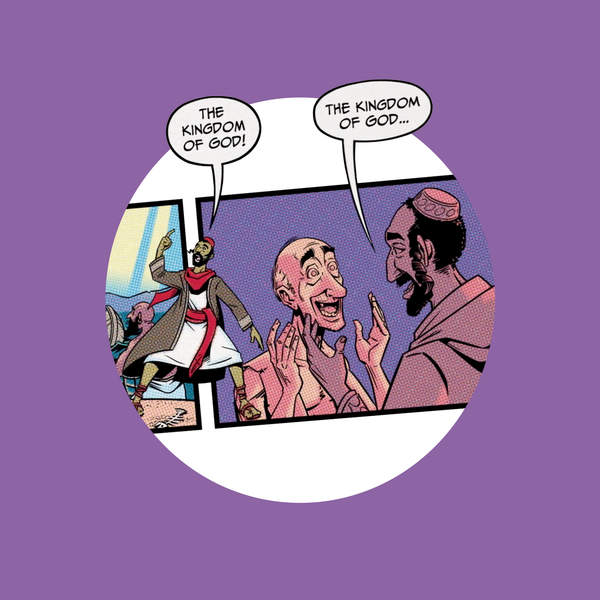
Why Isn't There More Detail in Bible Stories?
Episode Chapters
Show Notes
Why aren't there more details in Bible stories? Many of us have wondered something like this and been confused by the Bible. We don't know why a character did what they did, or what they looked like, or even what the moral of the story is. And this is frustrating to modern readers because we like lots of detail. We want to know everything about a character and the setting and the story background. This week, Tim and Jon take a look at why so many of the stories in the Bible are perplexing. It's because they were intentionally designed that way, in an ancient style of writing called Jewish meditation literature. Using the story of Cain and Abel, the guys ask why so many of the details are left out. Is this lazy writing, or is there a purpose behind it? Watch our video on Jewish Meditation Literature here: https://www.youtube.com/watch?v=VhmlJBUIoLk&t=209s&list=PLH0Szn1yYNedn4FbBMMtOlGN-BPLQ54IH&index=4 This podcast series is partnered with our Youtube series on "How to Read the Bible" you can view the series here: https://www.youtube.com/playlist?list=PLH0Szn1yYNedn4FbBMMtOlGN-BPLQ54IH Thank you to all our supporters!
Scripture References
Referenced Resources
- Jordan B Peterson: https://www.jordanbpeterson.com/podcast/
- Jerome Walsh: "Old Testament Narrative: A Guide to Interpretation"
Interested in learning more? Check out Tim's library for a list of recommended books and other resources.
Get the BibleProject app for access to our entire library of resources in one place.